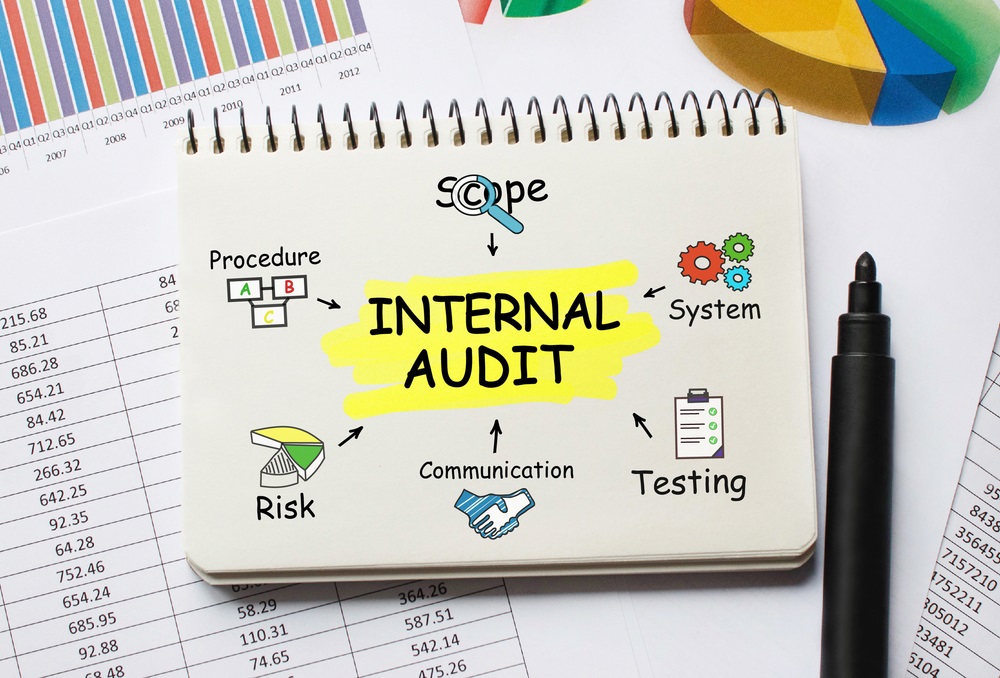In the dynamic business landscape of the UAE, staying ahead of the curve is essential for financial success. Cloud accounting solutions have emerged as transformative tools, reshaping traditional financial management practices.
In this blog, we explore the revolutionizing impact of cloud accounting on businesses in the UAE, highlighting its benefits, implementation strategies, and how Profits Plus is leading the charge in integrating this technology for unparalleled financial management. You can check different accounting software companies in Dubai for their availability.
1۔ Embracing Accessibility: Anytime, Anywhere Financial Control
One of the key advantages of cloud accounting solutions is the freedom it offers. With cloud-based platforms, businesses can access their financial data anytime, anywhere, as long as there’s an internet connection. In a bustling market like the UAE, where businesses operate round the clock, this accessibility ensures real-time financial control, enabling informed decision-making and immediate responses to market changes. Moreover, you can easily find VAT compliant accounting software in UAE.
2۔ Enhanced Security: Safeguarding Sensitive Financial Data
Security is paramount in the UAE’s business environment. Cloud Accounting and bookkeeping solutions employ advanced encryption and security protocols, often surpassing the measures implemented in traditional accounting systems. Data breaches and unauthorized access become significantly less likely, giving businesses peace of mind while handling sensitive financial information. Profits Plus ensures the highest level of data security, ensuring client confidentiality is never compromised.
3۔ Streamlining Collaboration: Seamless Teamwork for Financial Success
Collaboration is the cornerstone of efficient financial management. Cloud accounting solutions facilitate seamless collaboration between team members, accountants, and clients. Multiple users can work on the same file simultaneously, share real-time updates, and collaborate on financial strategies. This streamlined teamwork enhances productivity, eliminates communication gaps, and fosters a cohesive financial approach within businesses.
4۔ Scalability and Cost Efficiency: Tailored Solutions for Every Business
In the UAE’s diverse market, businesses range from startups to large enterprises. Cloud accounting solutions offer scalability, allowing businesses to tailor their financial systems according to their needs. Whether it’s a small business looking for basic bookkeeping or a large corporation needing complex financial analysis, cloud accounting solutions can be customized. Moreover, the cost-efficiency of these solutions ensures that businesses of all sizes can access advanced financial tools without breaking the bank.
5۔ Data Analytics for Informed Decision-Making
Cloud accounting solutions offer powerful data analytics tools. Businesses in the UAE can leverage these tools to gain valuable insights from their financial data. By analyzing trends, predicting customer behaviors, and understanding market demands, businesses can make informed decisions. Profits Plus specializes in helping businesses interpret this data, enabling them to develop targeted strategies that enhance profitability and market competitiveness.
6۔ Automated Processes for Efficiency
Automation is a cornerstone of cloud accounting. Repetitive tasks such as invoice generation, payroll processing, and expense tracking can be automated. This not only saves time but also reduces the likelihood of human error. For businesses in the UAE, where precision and efficiency are valued, automation ensures smooth financial operations. Profits Plus assists businesses in seamlessly integrating automation, allowing them to focus on core activities while their financial processes run efficiently in the background.
7۔ Scalable Disaster Recovery and Backup
The UAE’s business landscape demands robust disaster recovery solutions. Cloud accounting platforms offer scalable backup and disaster recovery options. In the event of data loss due to unforeseen circumstances, businesses can swiftly recover their financial data without significant disruptions. Profits Plus ensures that businesses have comprehensive backup strategies in place, safeguarding their financial information against any potential loss or damage.
The Way Forward
Cloud accounting solutions stand as a cornerstone for financial success in the UAE. From data analytics driving strategic decisions to automation enhancing efficiency, and scalable disaster recovery ensuring data integrity, the benefits are vast. Profits Plus not only understands these advantages but tailors them to the unique needs of businesses in the UAE. By embracing cloud accounting, businesses can not only meet the demands of the competitive market but also position themselves as leaders, ready to tackle challenges and seize opportunities.









